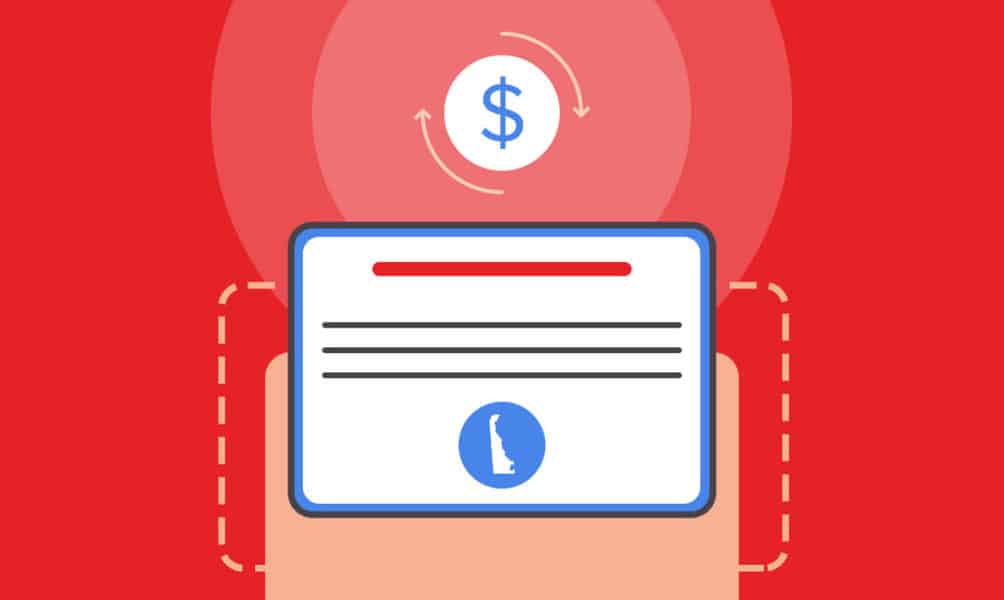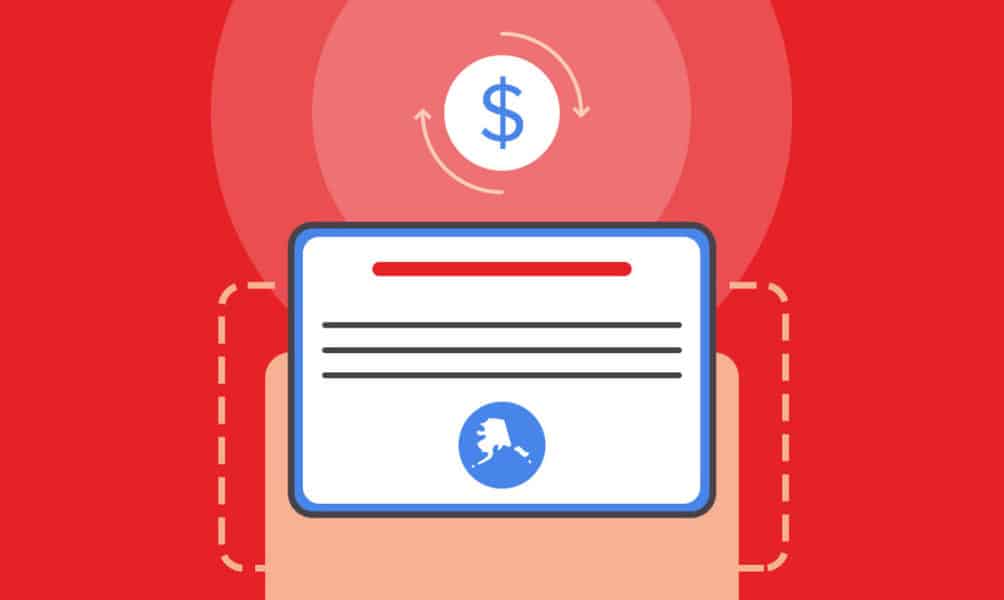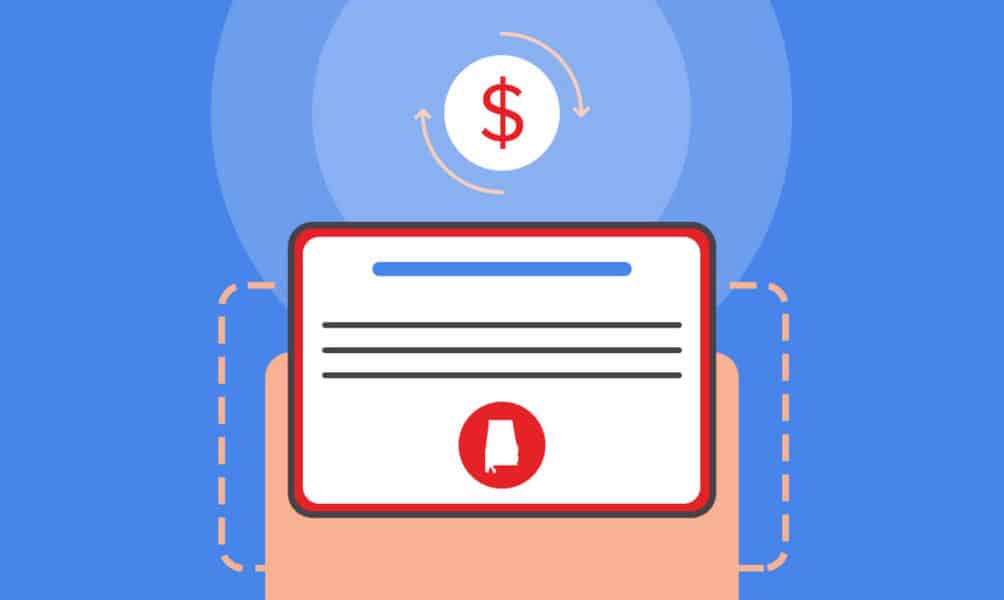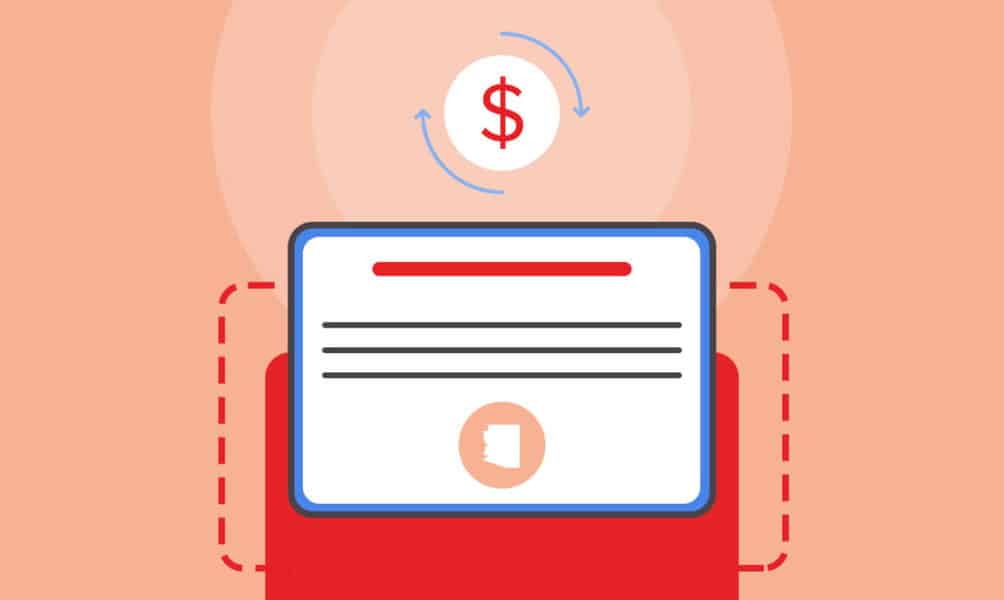Suppose you’re starting a limited liability company (LLC) in Alaska and planning to sell goods subject to sales tax. In that case, you’ll needto ...
Obtaining the certificate is generally free, and you can use it as soon as it’s completed.
Written by: Carolyn Young
Carolyn Young has over 25 years of experience in business in various roles, including bank management, marketing management, and business education.
Reviewed by: Sarah Ruddle
For over 15 years, Sarah Ruddle has been a noteworthy leader in the business and nonprofit world.
Updated on July 17, 2024

Suppose you’re starting a limited liability company (LLC) in Delaware and planning to sell goods subject to sales tax. In that case, you’ll need to get a resale certificate, or several of them, before doing business.
Delaware, however, does not have state or local sales tax, but if you’re selling goods in other states, you may need to obtain resale certificates in those states.
But don’t worry; this guide lays out all you need to do to get a resale certificate in most states.
If your LLC expects to sell tangible goods in states with a sales tax, a resale certificate will enable you to purchase those goods without paying sales tax. This prevents your goods from being double taxed, as you will need to charge your customer’s sales tax when they buy the goods.
If you purchase goods without paying sales tax and neglect to charge sales tax to customers who buy those goods, or if you fail to sell the goods, you and your LLC will be responsible for the sales tax and could face steep fines.
If you purposely purchase an item not intended for resale, such as office equipment, and use your resale certificate to avoid paying sales tax, that’s tax fraud, a federal offense. Penalties in various states ranging from interest and fines to imprisonment. In some states, your LLC could even be dissolved.
The most common penalty for tax fraud in most states is paying the unpaid sales tax, along with interest and fines, but it could be significantly worse.
Each resale certificate applies to only one vendor, so you’ll need one for each vendor.
Suppliers and vendors do not have to accept resale certificates. However, a vendor might refuse a resale certificate because if your certificate is invalid, the vendor would be responsible for the sales tax.
To obtain a resale certificate in most states, visit the Department of Revenue website. Generally, a blank resale certificate can be downloaded. Then, you’ll fill out the certificate and present it to your vendor.
Obtaining the certificate is generally free, and you can use it as soon as it’s completed.
Once you have the certificate, present it to your vendor and keep a copy for your records.
Expiration dates for resale certificates vary by state. In some states, they need to be renewed every one to three years, while in other states, they never expire.
In most states, a resale certificate is relatively easy to obtain yet provides significant savings. It will also help you and your LLC avoid potentially substantial penalties.
Be sure to present the correct certificate to your vendors and keep track of expiration dates so your certificates are always current. You don’t want to find yourself paying sales tax when you don’t have to.

Published on December 24, 2022
Suppose you’re starting a limited liability company (LLC) in Alaska and planning to sell goods subject to sales tax. In that case, you’ll needto ...
Read Now

Published on December 24, 2022
Suppose you’re starting a limited liability company (LLC) in Alabama and plan to sell goods subject to sales tax. In that case, you’ll need ares ...
Read Now

Published on December 24, 2022
Suppose you’re starting a limited liability company (LLC) in Arizona and planning to sell goods subject to sales tax. In that case, you’ll needt ...
Read Now